Senate Drops Aid for Bankrupt Homeowners
 Friday, April 4, 2008 at 12:13PM
Friday, April 4, 2008 at 12:13PM Republicans and business-friendly Democrats on Thursday scuttled a plan to give people threatened with losing their homes more leverage in winning favorable loan terms from their lenders in bankruptcy courts.
The Senate killed the bankruptcy plan by a 58-36 vote on the first full day of debate on a bill designed to boost the slumping housing market.
The Democratic-backed bankruptcy law changes, opposed by banks and their GOP allies and a handful of Democrats, would have given judges the power to cut interest rates and principal on troubled mortgages to help desperate borrowers trapped in subprime mortgages keep their homes.
The idea was to give borrowers duped into abusive mortgages leverage in getting their loan terms adjusted. Such power, said the plan's chief proponent, Sen. Dick Durbin, D-Ill., would have helped "more people than all of the provisions combined" in the rest the bill.
But Republicans and 10 Democrats, along with Connecticut independent Joe Lieberman, voted to scuttle the bankruptcy provision. Opponents argued that, despite modifications by Durbin, the proposal would hurt more than it would have helped by leading mortgage lenders to ratchet up interest rates and thereby put another drag on the soft housing market.
The defeat of the bankruptcy plan highlighted a weakness that many people find with the bill - that it showers generous tax breaks on money-losing businesses like home builders but does little to help people facing foreclosure.
The measure is advertised as helping people keep their homes and injecting demand into the teetering housing market. But its most costly provision simply gives tax cuts worth $25 billion over the next few years to businesses like home builders and banks.
Meanwhile, it provides just $3 billion in tax relief to homeowners over the same period, according to an estimate by the Joint Tax Committee, which explores for lawmakers the effects of tax legislation on the Treasury.
The benefits to businesses also dwarf the $4 billion in the measure that would be provided to cities and towns to buy up and refurbish foreclosed and abandoned homes. That provision is aimed at stabilizing communities and preserving values of neighboring homes.
Homeowners would benefit from $100 million to provide counseling to people threatened with foreclosure and help them in negotiating with their lenders. The measure also would provide new authority for states to issue $10 billion worth of bonds to be used to refinance subprime mortgages.
The bill opened to unenthusiastic reviews among many Democrats. House Speaker Nancy Pelosi, D-Calif., promised improvements when the House takes up the measure and negotiates a final bill with the Senate.
"Hopefully the balance will swing more in favor of the families in danger of losing their homes," Pelosi said.
The tax provisions in the measure enjoy sweeping support but deliver the bulk of their benefits to businesses - regardless of whether they're involved in the housing market - that are losing money in the current downturn.
Such businesses would be allowed to deduct current losses against taxes paid up to four years ago, when times were profitable. The current limit is two years of such operating loss "carrybacks."
The tax breaks, said Jerry Howard, the chief executive at the National Association of Home Builders, would provide smaller home builders with an infusion of capital that would allow them to stay in business.
The home building lobby has great power on Capitol Hill, but plenty of detractors as well, as do the banks who are currently suffering losses and also stand to benefit.
"Our goal ought to be preventing foreclosures, not just propping up home builders and big lenders," Durbin said.
"It's just a giveaway," said Sen. Judd Gregg, R-N.H.
The four tax provisions would cost $28 billion through the end of 2010, but would deliver just $1 billion in immediate relief this year.
"When they unveiled the package, the main theme was ... 'help families keep their homes,'" said Bob Greenstein, who heads the Center on Budget and Policy Priorities, a liberal think tank. "Three of the four provisions would do little or nothing to accomplish that goal."
The bill also would provide a temporary $7,000 tax credit awarded over two years to people buying foreclosed homes in the year after the bill is enacted. It would cost about $1.6 billion, which assumes about 240,000 home buyers would benefit from the credit.
The bill attracted several amendments to cut taxes further, including a plan by Sen. Ben Cardin, D-Md., to give a temporary $7,000 credit to first-time home buyers and a plan by Sen. Norm Coleman, R-Minn., to let homeowners who are late on their mortgage payments withdraw money penalty-free from their retirement accounts to avoid foreclosure.
The measure contains a broader rewrite of Federal Housing Administration law that would permanently raise the dollar limit on mortgages that FHA can insure to $550,000 in the most costly real estate markets. The economic stimulus bill approved by Congress in February temporarily raised the limit from $362,790 to $729,750.
But Republicans rebuffed efforts by Democrats and the White House to reduce down payments on FHA-insured loans. Instead, the down payment requirement would be raised to 3.5 percent from 3 percent. Democrats sought to lower it to 1.5 percent.






















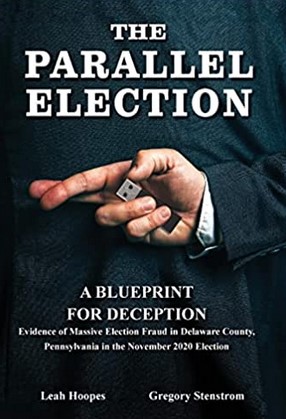
































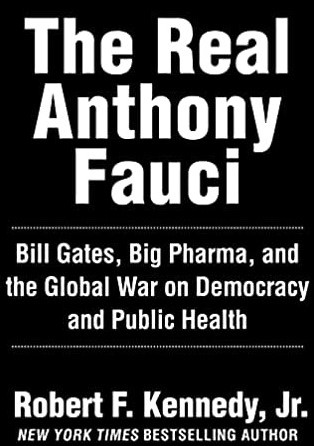


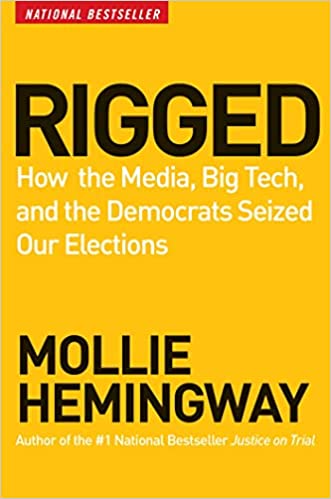










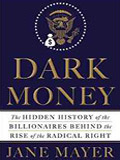













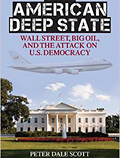



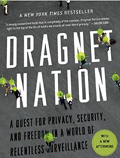









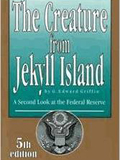











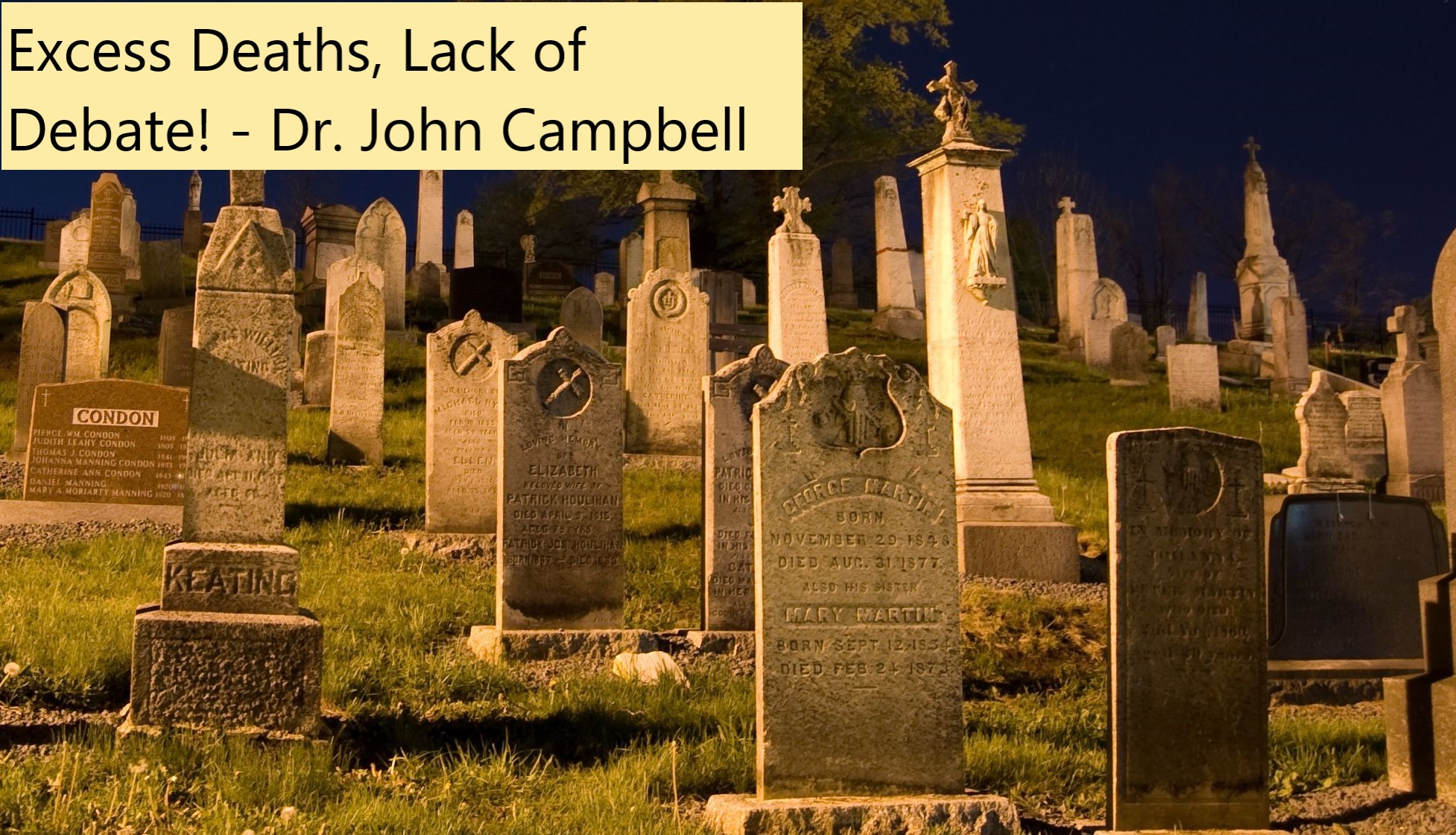













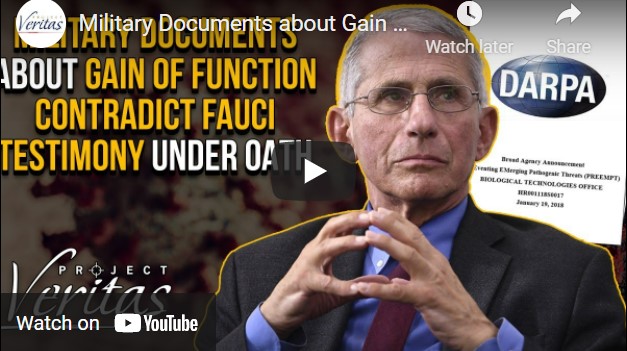





Reader Comments